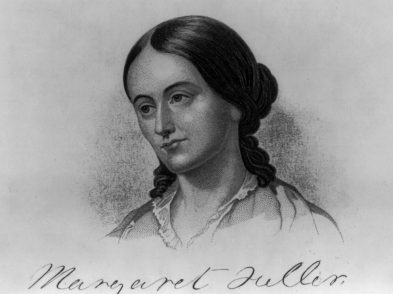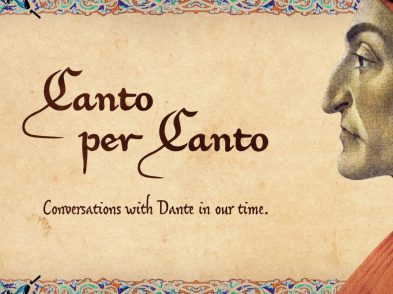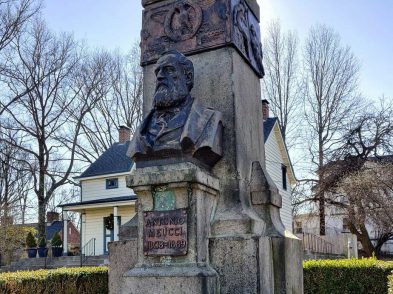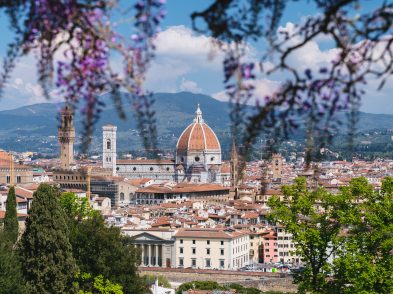Viale Giovanni Milton is a modern street tucked against the Mugnone brook beyond piazza Liberta where the memory of John Milton is far removed from the historic center of Florence. Here, the English poet is out of sight—and out of mind. The fear that strikes while crossing the viale is not due to the threat of a vicious Vespa or aggressive Ape on a mission, it is the thought that, in order to understand Milton’s connection to Florence, you are forced to dive bravely into Paradise Lost’s daunting Latinate text.
The good news is, you won’t have to dive very deep. Paradise Lost offers an epic rendition of the fall of man and a justification of God’s treatment of man based on that disobedience within the confines of devout Protestant theology. This tome of a poem was published 350 years ago and, while considered one of the most influential works ever written in the English language, it continues to be controversial in part because of Milton’s charismatic Satan. Milton makes it theologically clear that Satan is the enemy but, as a work of fiction, you cannot help rooting for the wicked protagonist. If that twist has not yet convinced you to pick up the poem, Milton’s summer in Florence, which included meeting the scientist Galileo Galilei and solidifying his interest in Dante, profoundly influenced his work, bringing him closer to home.
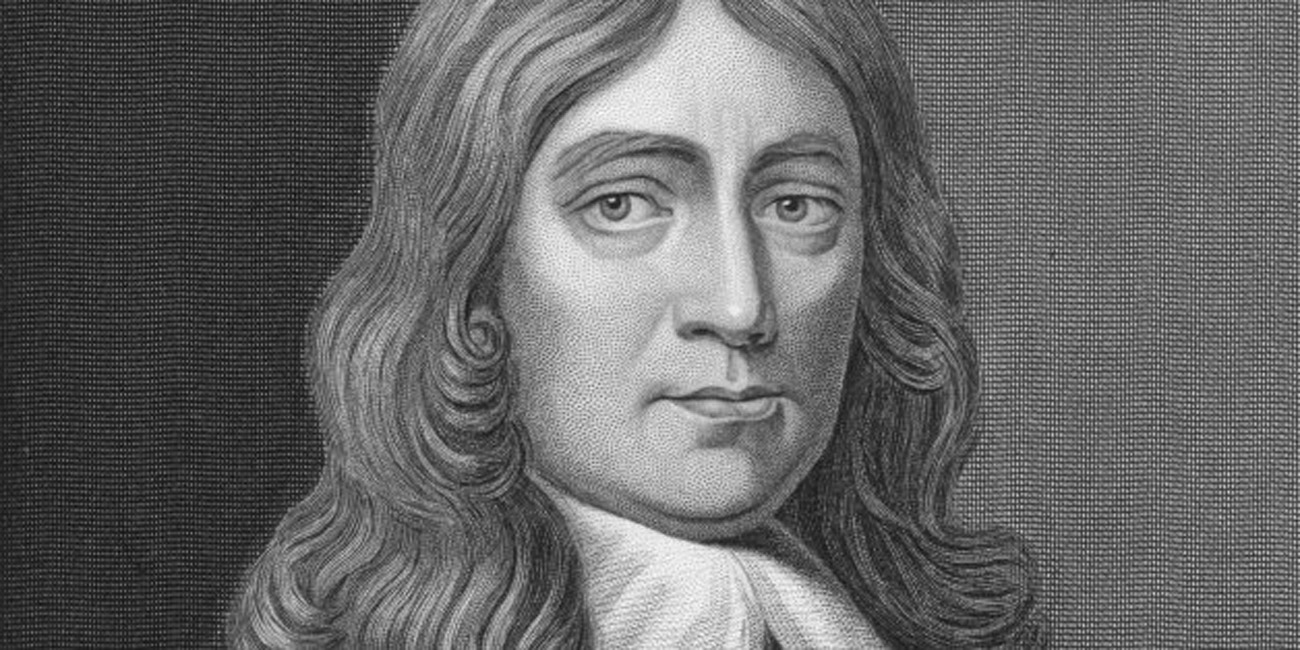
The Reformation marked a shift away from the Renaissance’s warm reception of radical cultural production, essential for understanding the impact of Galileo on Milton’s dystopia. (I would also dare to suggest that Milton’s decision to spend the height of summer in Florence does as well.) He arrived in July 1638 and left in September of the same year. Is it any wonder that while Dante’s hell has pockets of fire it also contains many circles of souls plagued by icy winds and a frozen wasteland, and Milton describes hell “as one great furnace”? Think Florence in August.
Regardless, Milton clearly enjoyed his time in the Tuscan capital. In “Defensio Secunda”, he recounted his admiration for Florence due to the elegance of the local language and the wit. He also lavished focused praise on the city’s private academies as promotors of the humanities and a space for friendly debate.
Seeking Florentine inspiration, 30-year-old Milton visited 77-year-old Galileo. Galileo had been found guilty of heresy by the 1633 Inquisition, for writing that the Earth revolves around the Sun. When Milton met him, Galileo was blind and sequestered under house arrest. His meeting with the brave scientist who had fallen victim to censorship, a censorship that Milton denounced, made a profound impact on the English man of letters. In Paradise Lost, Milton was moved to describe Satan’s shield as the surface of the moon, spotted and imperfect with rivers and mountains, as seen through Galileo’s telescope from Fiesole. In this passage, Galileo is “the Tuscan artist”. What makes this remarkable is that Milton’s hell has no people in it yet and Galileo is the only contemporary of Milton’s to be identified by name.
Milton crafted his personal theology into literature, just as Galileo had done. Milton, unlike many Puritans, did not set sail for the Americas to escape prosecution, just as Galileo had not headed north of the Alps to escape the Papal Inquisition. Both men focused on uncertainty and unraveling truth in the universe—this is what binds them philosophically. When Milton describes the Archangel Raphael seeing the heavens clearly, he says it is like seeing them through the “glass of Galileo”.
A meeting on a summer’s day in 1638 was a cultural collision that sets Milton comfortably into a Florentine context. Both men were imprisoned in an age when there was little tolerance for radical thought. Both men refused to allow even blindness, at the end of long and difficult lives in which their ideals had been shattered, stop them from dictating work in support of radicalism. Interestingly enough, there is more of the Middle Ages in Milton than in Galileo’s cosmos, but this speaks to Galileo’s raw challenge of Catholicism and Milton’s acceptance of the puritanical.
Milton’s poem continues to be prominent in popular culture, but it is intimidating. It struggles to be understood in our more secular age. We often use “pandemonium” and the phrase “all hell broke loose” without knowing that Milton coined both. As well-versed as you already are, do not worry if you find Milton dull. In the film Animal House, the professor tells his visibly pained students that “even Mrs. Milton found Milton boring”. Believe me, scampering across viale Milton is far more “pandemonious” than it is tedious.


